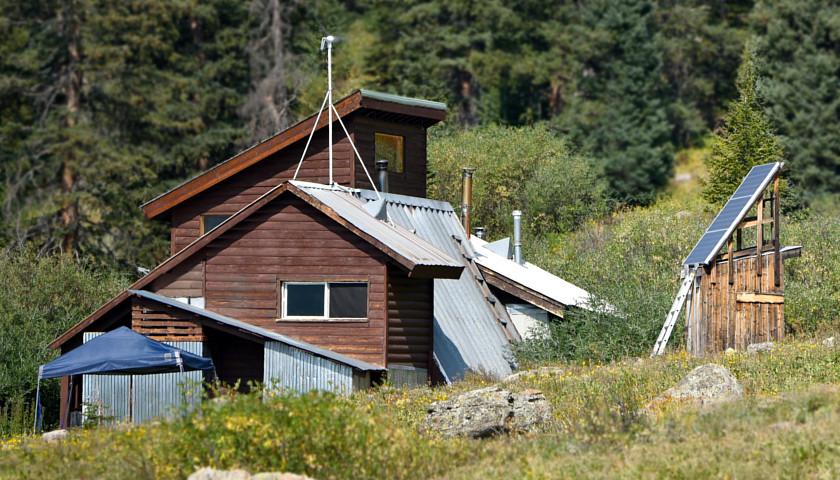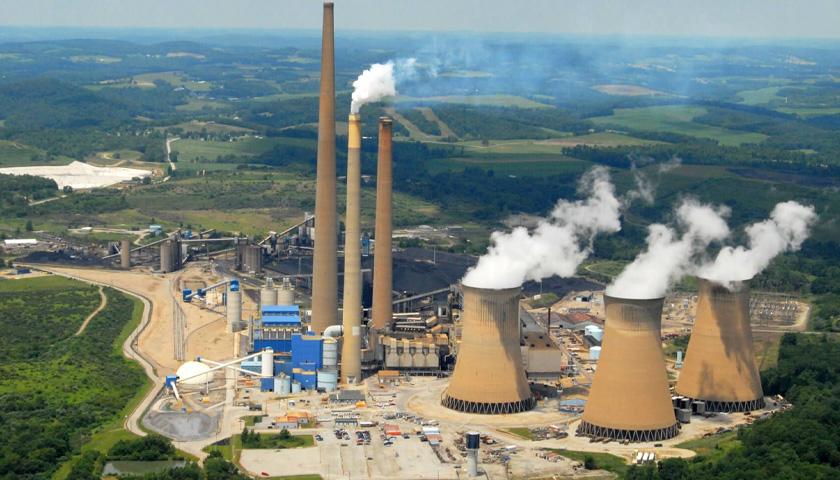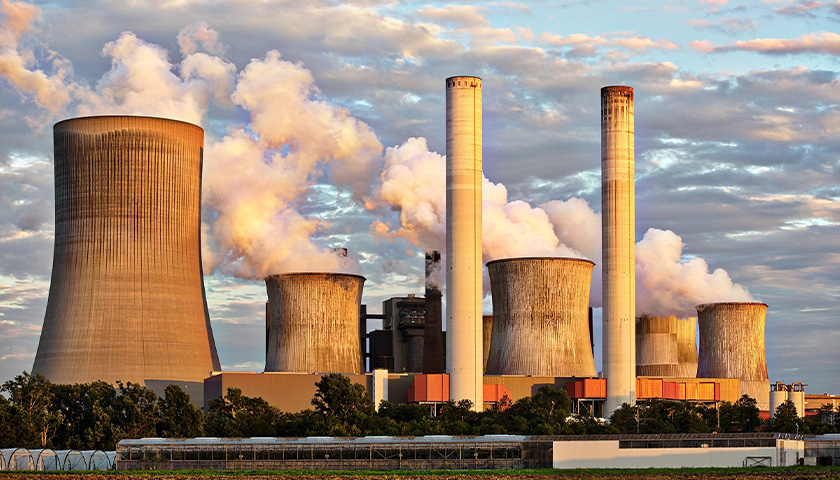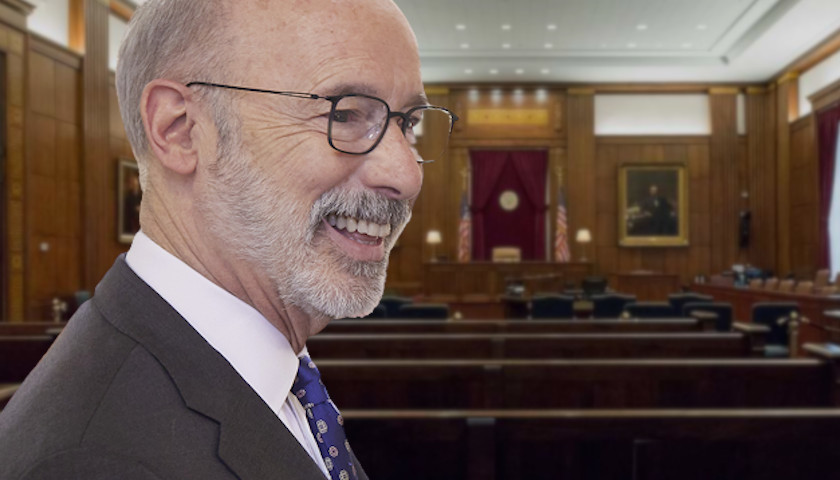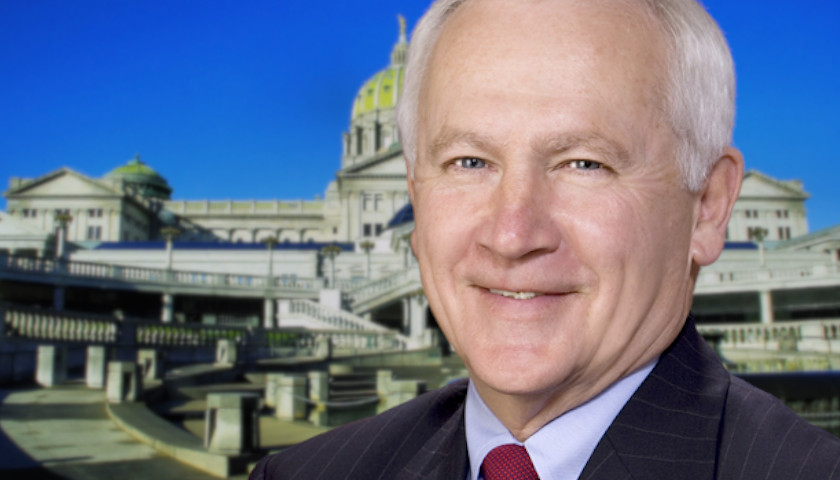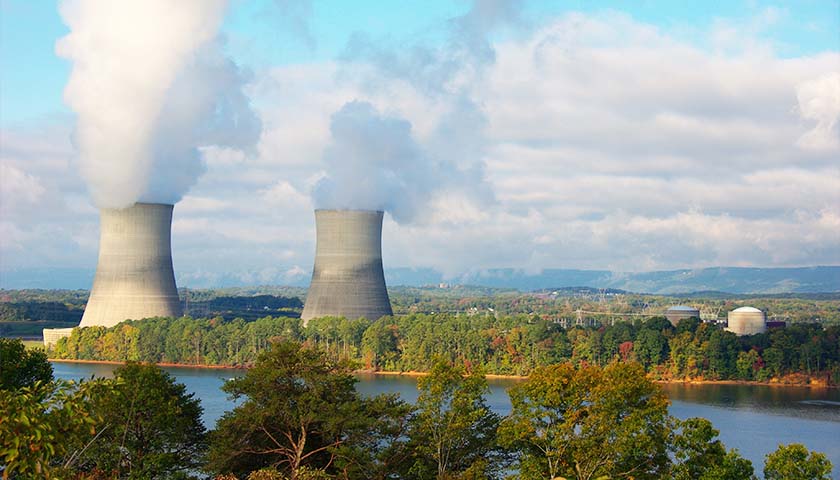Carbon taxes, emissions caps, subsidies – these all seek to reduce atmospheric emissions of greenhouse gases, yet regularly meet criticism and opposition. Is there a more efficient solution to achieving climate balance? Not only is the answer yes, but the potential benefits could far outperform what other strategies hope to achieve.
Most solutions seek to reduce emissions –abruptly or over time– or attain carbon neutrality by utilizing renewable power sources, but increasingly we hear that carbon neutrality is not enough. We must find new technology and techniques to reduce greenhouse gases already in the atmosphere, which will require meaningful investments in research and development. One solution is voluntary carbon offsets.
Carbon offsets are certificates for purchase intended to counteract operational emissions or capture legacy emissions from the past. This is done by paying for a given quantity of CO2 to be neutralized through investment in offsetting projects or technology. Whether the certificates are directed towards conservation efforts, renewable energy, or carbon capture or removal, purchasing carbon offsets provides one party investor satisfaction and the other party an infusion of funding intended to finance a carbon-reduction strategy. When purchasing high quality offsets, these serve as a down payment and incubator toward the best climate solutions available in the laboratory or in the field.
Read More


